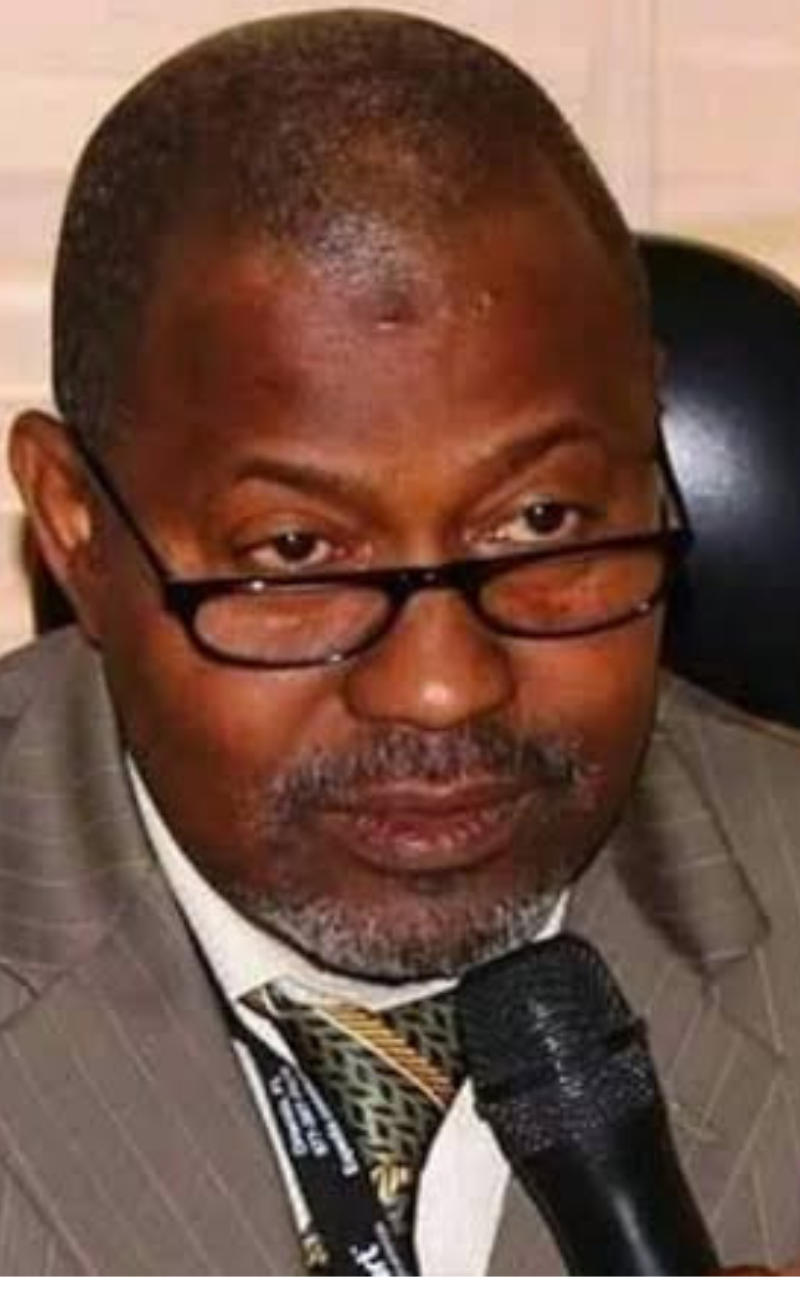This week’s Gender Equality and Social Inclusion (GESI) tracker highlights the promotion of women to key management positions in the National Assembly (NASS) and protection for Persons with Disabilities (PWDs) and Internally Displaced Persons (IDPs)
![]()
Vivian Njemanze becomes House deputy clerk
During the week, Mrs. Vivian Nonyelum Njemanze was announced as the deputy clerk (administration) of the House of Representatives. This appointment is a significant step forward in promoting GESI within Nigeria’s legislative bureaucracy. It highlights the importance of women’s participation in decision-making and signaals the National Assembly’s desire to fostering an inclusive leadership structure that reflects Nigeria’s diverse society.
Mrs. Njemanze brings over 30 years of legislative and administrative experience to her role, having served in various capacities within the National Assembly and beyond. Her career trajectory—spanning from being Undersecretary to the Constitutional Conference (1994–1995) to director of policy and programmes in the NASS—is a noteworthy.
With a master’s degree in Public Administration (MPA) and as a Fellow of the Institute of Budget Management, Mrs. Njemanze is believed to possess the skills, knowledge, and leadership qualities needed to excel in this pivotal role. Her appointment is a beacon of hope for aspiring female professionals in public administration, showcasing the increasing recognition of women’s capabilities in shaping Nigeria’s governance landscape.
Spotlight on women and the NASS bureaucracy
Mrs. Njemanze’s appointment is part of a broader restructuring within the National Assembly, which includes other key appointments such as Florence Kehinde’s deployment as deputy clerk (legislative) in the House of Representatives, Ilobah Isabella’s as deputy llerk (legislative) in the Senate and Ogundayo Olufunmilayo as secretary of the directorate of special duties. These appointments not only reinforce the importance of women in leadership but also highlight their critical contributions to legislative and administrative processes.
While the presence of women in management positions within the National Assembly remains relatively low, the elevation of qualified professionals signals a shift toward more inclusive leadership. Women’s representation at this level challenges long-standing gender biases and creates opportunities for more balanced perspectives in governance.
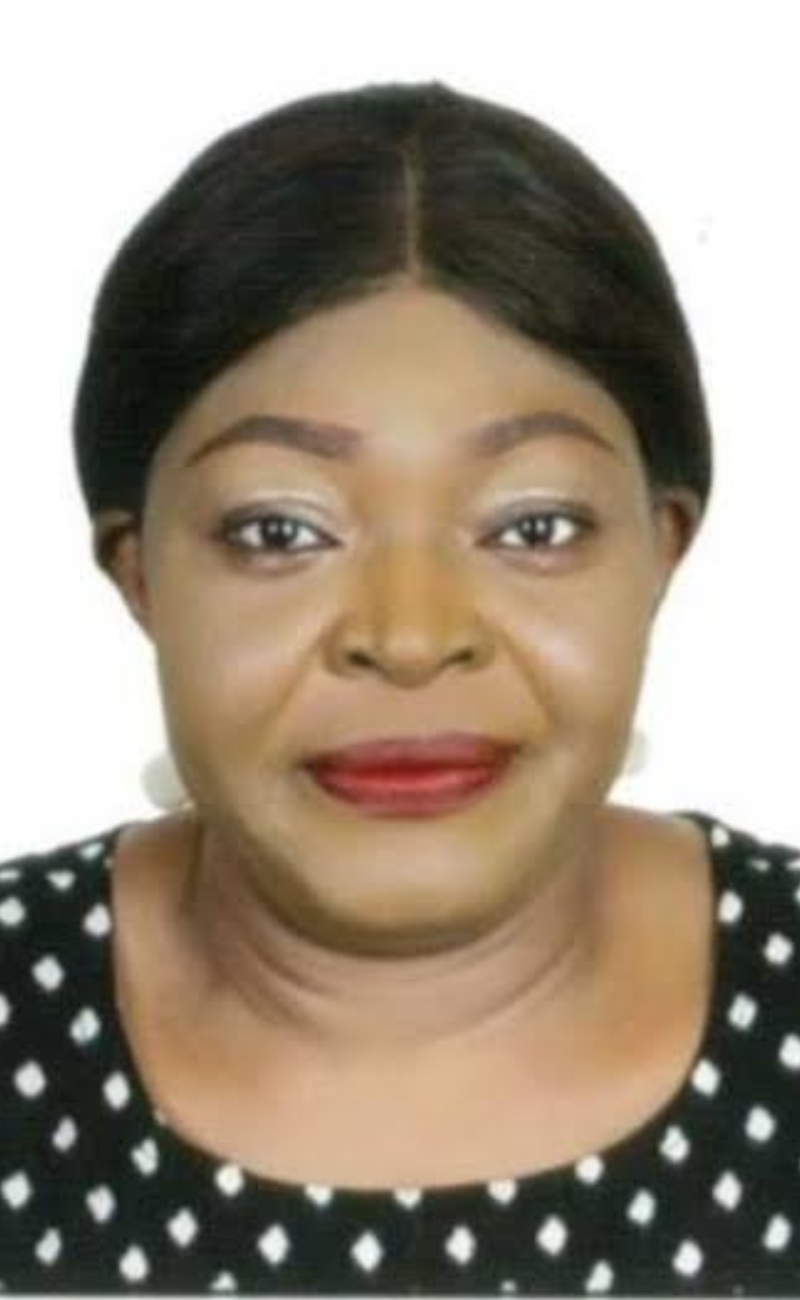
Discrimination against PWDs amendment bill
In the House of Representatives, Rep. Afam Ogene (LP, Anambra) sponsored the Discrimination Against Persons with Disabilities Act (Amendment) Bill, 2024. This bill will strengthen the existing framework of the extant law to ensure that Persons with disabilities (PWDs) have greater access to opportunities, resources, and protection against discrimination. While the original Act which was signed by President Muhammadu Buhari in 2018, marked a significant milestone, however, the proposed amendments could further enhance its impact by addressing gaps in implementation and enforcement.
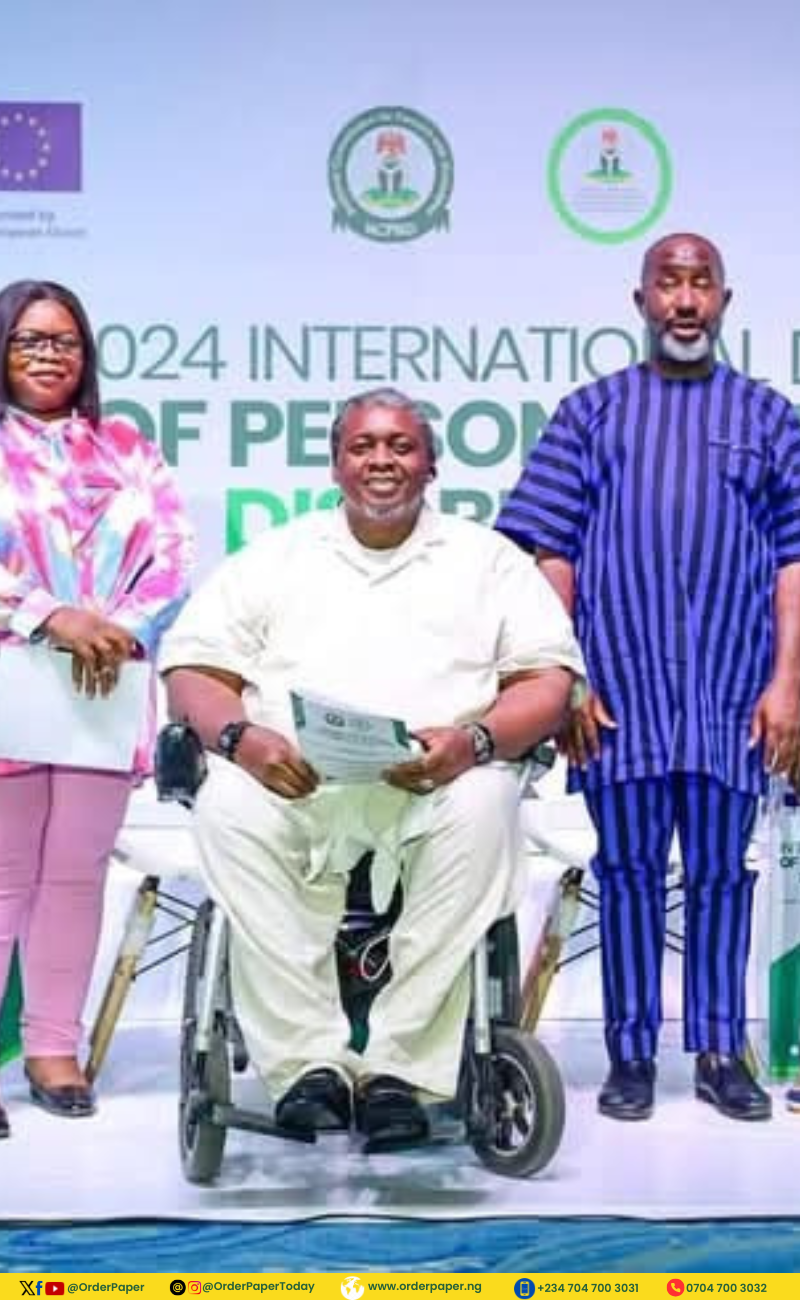
Using the GESI lens on this, PWDs often face systemic exclusion in education, employment, and healthcare. By amending the Act, this bill could introduce mechanisms to ensure better representation of PWDs in public and private sectors. Furthermore, women with disabilities experience compounded forms of discrimination. The amendment could include targeted measures to address their unique challenges, such as access to maternal healthcare and protection from gender-based violence. This bill underscores the importance of legislative action in dismantling barriers that hinder social and economic participation for one of Nigeria’s most vulnerable groups. The bill has passed the first reading in the House of Representatives
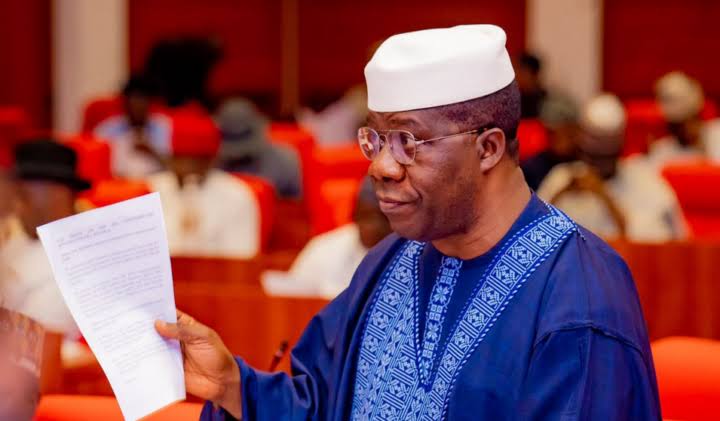
Protection and assistance for Internally Displaced Persons
Meanwhile, in the Senate, the Senate Leader, Sen. Bamidele Micheal Opeyemi (APC, Ekiti) introduced the House of Representatives Bill -African Union Convention for the Protection and Assistance of Internally Displaced Persons (domestication and Enforcement) Bill 2024 for concurrence.
The Bill seeks to domesticate Nigeria’s commitment in the Kampala Convention to addressing the plight of internally displaced persons (IDPs), a pressing issue exacerbated by conflict, climate change, and natural disasters. This bill seeks to integrate the provisions of the African Union’s landmark treaty into Nigeria’s legal framework, ensuring the protection, assistance, and rehabilitation of IDPs.
GESI Implications on this bill show that displacement disproportionately affects women and children, who are often at greater risk of gender-based violence and lack access to essential services.
The bill aligns with GESI principles by advocating for the inclusion of marginalized groups, such as persons with disabilities and the elderly, in decision-making processes related to resettlement and rehabilitation.
The domestication of the Convention would mandate equitable distribution of aid and resources, ensuring that no group is left behind in relief and rehabilitation efforts. By establishing clear roles and responsibilities for government institutions, this bill will enhance accountability and efficiency in addressing IDP issues, fostering an inclusive approach to governance.
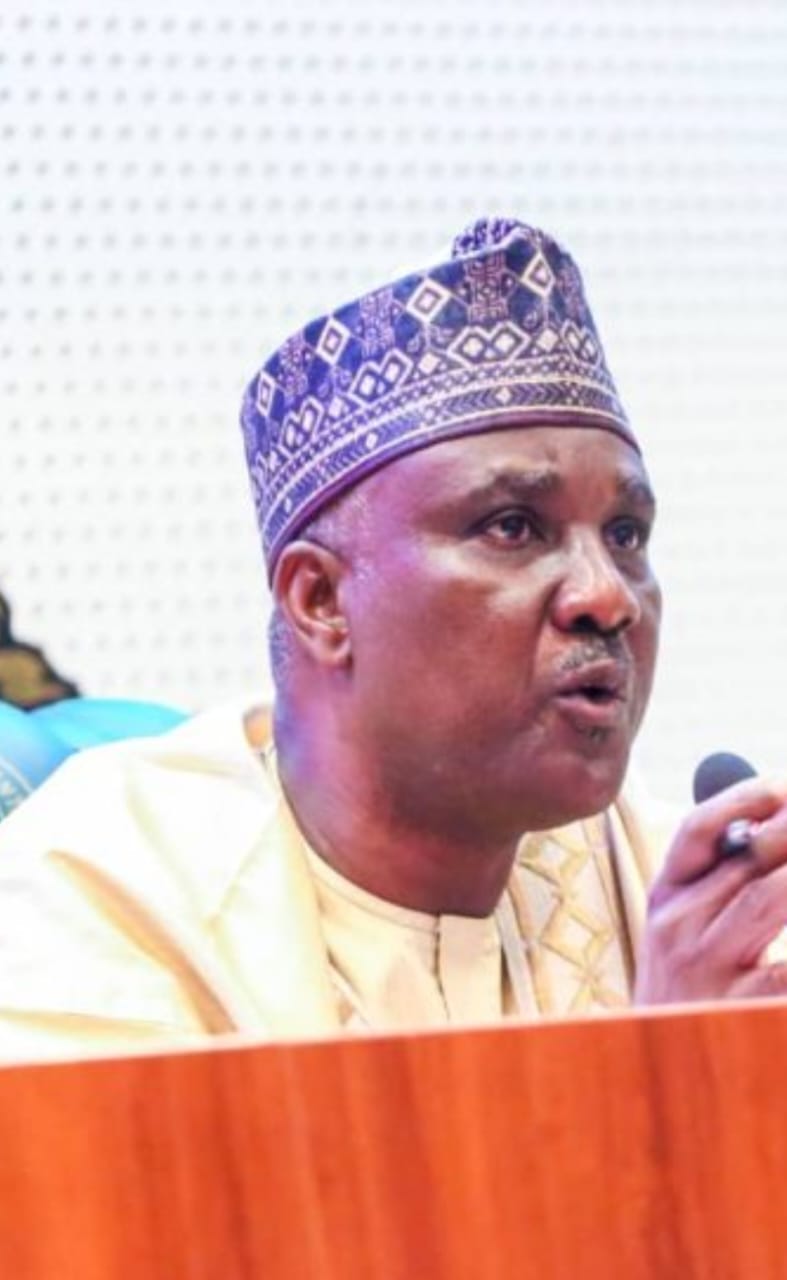
Breaking the Jinx of gender bills
During a courtesy visit by the National Council of Women Societies (NCWS) to the Speaker of the House of Representatives, Rep Abbas Tajudeen (APC, Kaduna), the latter reaffirmed the 10th assembly’s commitment to advancing gender equality and women empowerment in Nigeria.
Speaker Abbas described the House as “a people’s house… built on the sanctity of human rights.” He expressed optimism that the 10th assembly would achieve the successful passage of gender-focused bills. “We are determined more than ever before to break the jinx,” he said, emphasizing the House’s gender-friendly composition. The Speaker highlighted the establishment of two standing committees tailored to women’s issues—the Committee on Women Affairs and Social Development, and the Committee on Women in Parliament—as evidence of the Assembly’s inclusive approach.
The Speaker’s renewed commitment to passing gender bills has profound GESI implications. These bills could unlock transformative opportunities for women in Nigeria, addressing systemic inequalities and creating a framework for equitable participation in governance, business, and social development.
Furthermore, the establishment of women-focused committees in the House demonstrates a deliberate strategy to institutionalize gender considerations within legislative processes. This step not only strengthens women’s representation in decision-making but also sets a precedent for other governance structures to follow.
The visit culminated in the Speaker being named a ‘Global He-for-She’ by the NCWS, further highlighting his dedication to gender inclusion.

